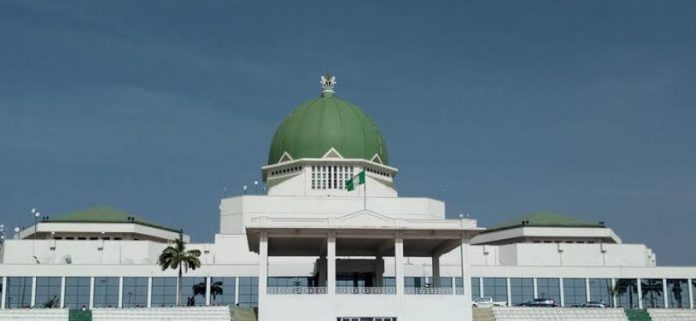By Aaron Ossai
Former Clerk of the House of Representatives, Mr. Gani Ojagbohunmi on Tuesday affirmed that the voting during the election of the two Presiding Officers of the Senate and House of Representatives, is usually secret ballot.
This is coming on the heels of recent agitation over plot to doctor the House of Representatives Standing Order (10th Edition) with a view to compel all the Members-elect to openly declare the names of their nominees during the election of the two Presiding Officers on June 13.
Mr. Ojagbohunmi stated this during the presentation of a paper titled: ‘Opening of a new Parliament: The case of National Assembly’, delivered during the ongoing induction programme organised by National Institute for Legislative and Democratic Studies (NILDS) for Senators-elect and Members-elect of the 10th Assembly.
“If more than one Member-elect are proposed as the Presiding Officer and after the second candidate nominated has concluded his speech of acceptance of nomination and submitted himself to the service of the House, the CNA shall ask whether there are further nominations.
“If there are no further nominations, he shall declare the nominations closed. The House shall then go into division with the proposers and seconders of the nominations as Tellers, Voting shall be conducted by the Clerks-at-Table using the Division List of the Senate/House with the Tellers in attendance.
“Voting is usually be secret ballot. After the result has been collated, they are handed over to the Clerk of that House who shall submit the result of the division to the CNA. The CNA shall then declare the Member-elect with the majority of votes duly elected the Presiding Officer.
“Where more than two candidates have been nominated and seconded, the division is conducted as stated earlier and the Member—elect with the majority of votes (which must be more than half of the votes cast) shall be declared duly elected.
“In the event of none of the candidates receiving a majority vote in the division, the name of the candidate with the smallest number of votes shall be dropped and he shall be excluded from further division.
“A further division is held for the remaining candidates. If there is equality of vote at the top, the division shall be retaken. The division shall continue until one candidate emerges with the majority of votes. Then that candidate is declared duly elected as the Presiding Officer”, he explained.
On the appointment of the Party Leaders in both Chambers, Mr. Ojagbohunmi said: “After adjournment of the two Houses on the first sitting day, it is incumbent on the political parties in the Houses to meet in their different caucuses to select their Leaders, Deputy Leaders, Whips and Deputy Whips.
“This is strictly a political party affair and it is not conducted in public view. When the parties have selected their Leaders and Whips, the names are submitted to the Presiding Officers who will announce the names in a plenary session.
“If, however, the political parties had agreed on their Principal Officers before the election of the Presiding Officer, the names are given to the Senate President and Speaker to announce before the adjournment of first day’s sitting”, he added.







